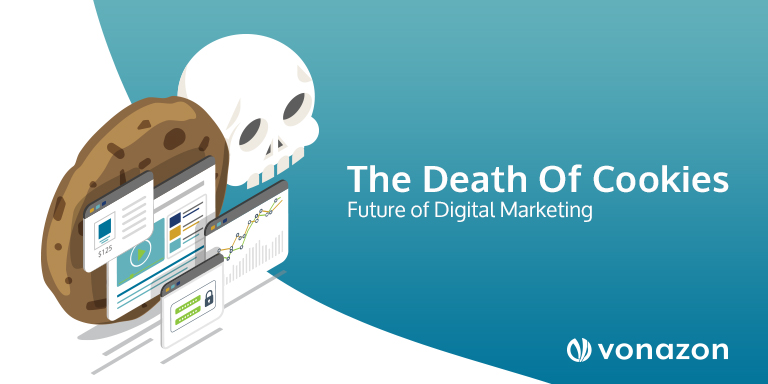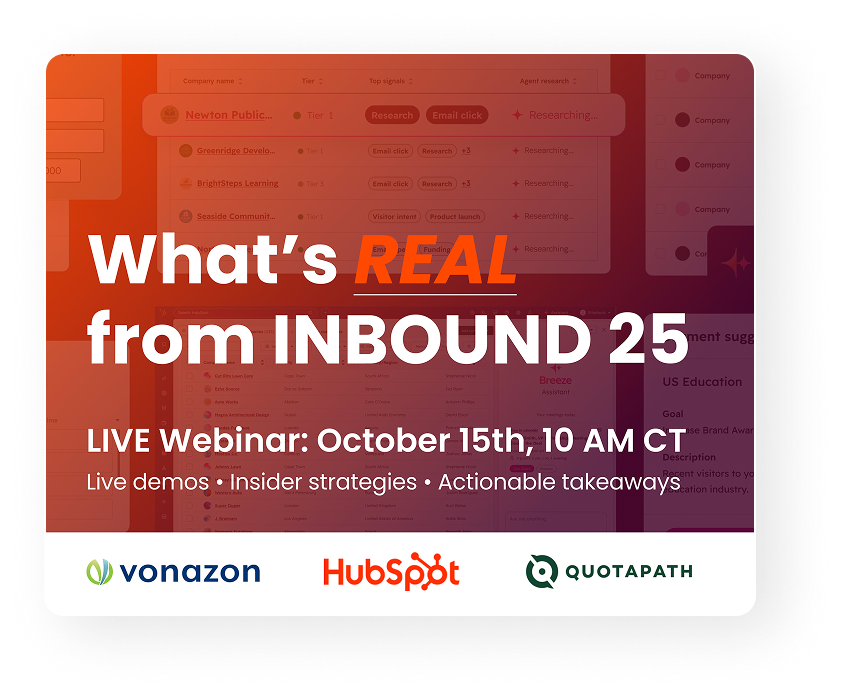The Death Of Third Party Cookies and Future of Digital Marketing
In January 2020, Google announced that it would remove support for third party cookies, part of their new initiative known as ‘Privacy Sandbox’. This move comes mere months after tech rivals Apple and Mozilla introduce similar bans on user tracking devices. Without this data, advertisers will have a tough time reaching consumers, which is why Google’s decision has caused such an uproar amongst the community.
Many initially thought the firm would reverse its decision after some time. However, they recently doubled down on their determination, confirming that they would not build alternate identifiers to track users, nor will they use them in any of their products.
Well, what does the death of cookies mean – and how will it affect your company’s marketing efforts? Learn all of this and more in this week’s blog.
What are third-party cookies?
Cookies are used by websites to remember the actions of users so they aren’t asked to perform tasks repeatedly. This creates a better, faster, and more personalized experience for each site visitor.
Third-party cookies are created and placed by a website other than the website that the user is visiting. Google, for example, receives data from cookies that Google Chrome collects on users’ browsing habits. Marketers are then able to use this data to build remarketing strategies, customize user experiences, and create ads on the Google Display Network.
What motivated Google’s decision?
Google’s Privacy Sandbox is a new initiative the company introduced to reduce access to private data. The exact reason for Google’s decision is not very clear to most. Over 80% of Alphabet’s (the firm’s parent company) revenue came from Google Ads in 2020, totaling $147 billion. So, why are they risking their bottom line with such an abrasive move against advertisers? Here are a few of our theories about Google’s motivation for the death of cookies:
- Greater privacy for users. Data protection has been a hot topic on the internet for many years. Information breaches of large companies have made consumers very wary of where they store their data. This initiative is how Google assures its users that their information is safe and secure
- Increased control. The Privacy Sandbox will make it increasingly difficult to target different audiences on the ad platforms. As ad platforms become less transparent, Google will gain more control over advertisers
- Prevent misuse of personal data. Privacy awareness is at an all-time high. Cookies can lead to a misuse of data that infringes on user privacy. To avoid this, Google has reduced the amount of data third-party advertisers can receive on their audiences
What are the impacts of the death of third-party cookies?
These changes from Google will present lots of uncertainty for marketers. Unfortunately, Google has made it known that they are sticking with their decision, meaning that advertisers should learn to adjust rather than resist this pivot.
The death of cookies has been met with criticism by numerous agencies. But, how will this impact the industry? GetApp and Hubspot have begun to research this query and the results may surprise you.
- 44% of marketers predict a need to increase ad spending by 5% to 25% in order to achieve the same results as 2021
- 41% of marketers believe their biggest challenge will be their inability to track comprehensive, relevant data
- 23% of marketing experts plan on investing in email marketing software due to Google’s new policy
Google’s move towards the death of cookies will make data less accessible while affecting several automation tools that marketers regularly use as part of their routine. In order to continue making the most of your pay-per-click strategy, it’s important to consider alternate ways of collecting precious data from your audience.
Investing in different ways to collect data
There are a multitude of other ways to collect information on users that engage with your brand. Interactive content is one of those methods. Content such as quizzes, infographics, and calculators can build a profile on your audience. Unlike other methods of data collection, users will have to agree to have their behavior tracked in exchange for valuable content. Traditional content marketing works in this way as well.
The death of cookies is amongst us. Marketers must find ways to circumvent these changes and discover alternate methods for collecting data and effectively advertise to their audience. With a proper plan and strategy in place, Google’s Privacy Sandbox will have minimal effects on your marketing efforts.
Everyone could use a little bit of help. Vonazon has you covered. We’ve anticipated the death of cookies for years and have all the tools you need to adapt to this change with ease. Contact us for more information about our services and how we can help you.







